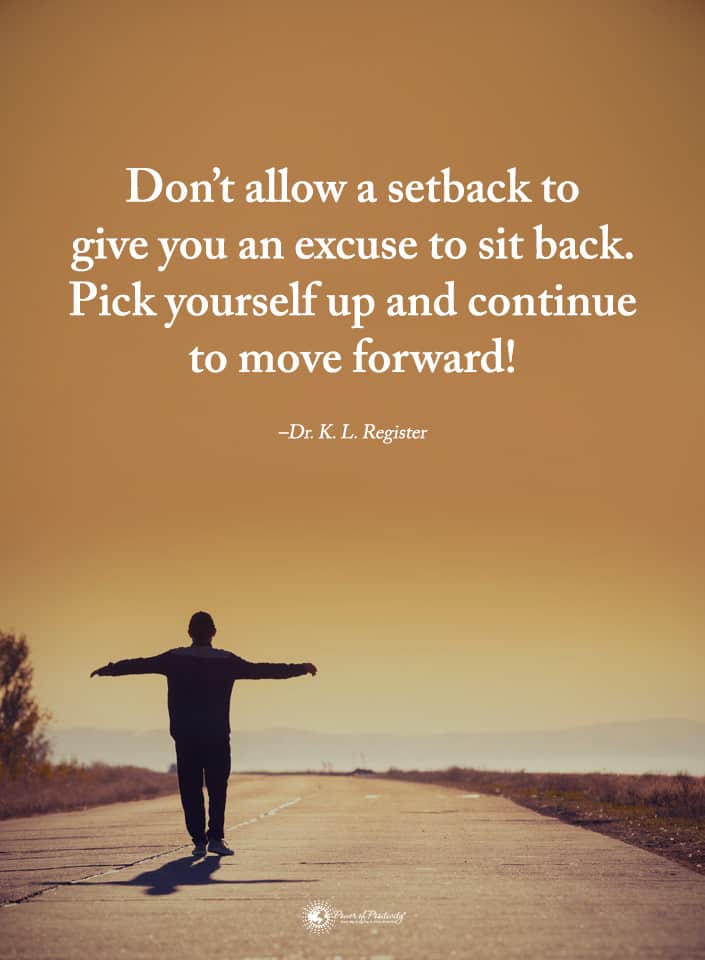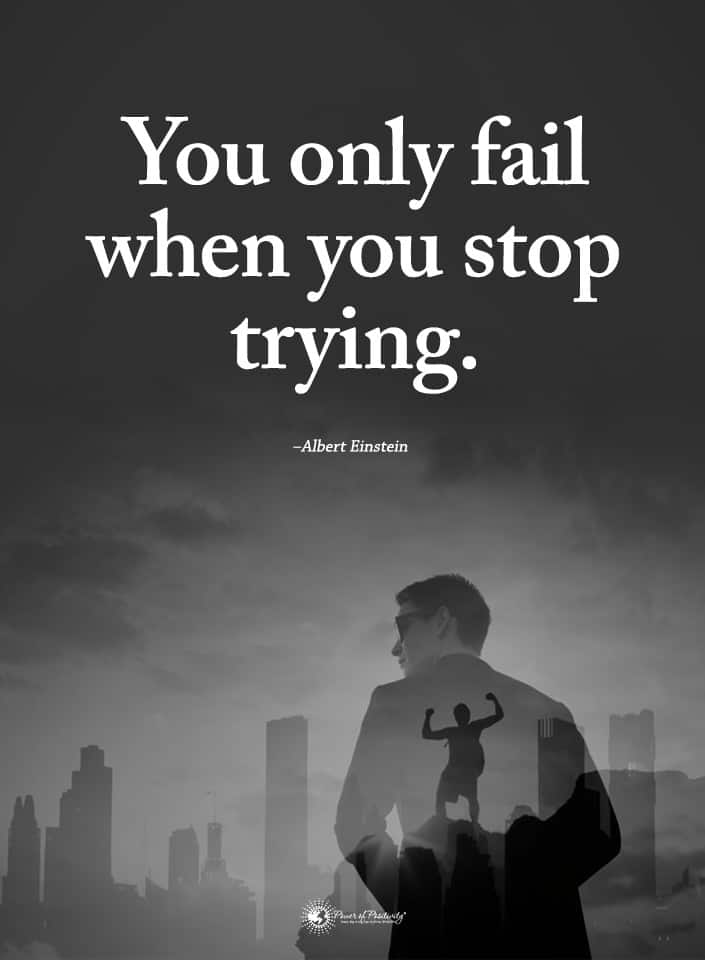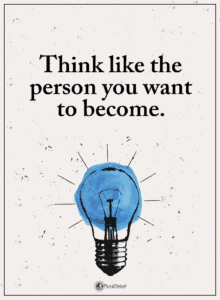Do you consider yourself a creature of habit? Everyone has patterns that are good or bad for them. How do you kick bad ones and build new healthy habits?
The old saying that you can’t teach an old dog a new trick is false. While it may take time and patience, you can retrain your brain and change your routines. Opting for a healthier lifestyle may add years to your life.
How can you create healthy routines and apply them to your daily regimens? Are you willing to admit you need to make changes and will work diligently to do it? If so, you have made the first crucial step.
Whether you want to change your diet, exercise more, or learn how to meditate, the process is the same. Only, having the desire isn’t enough. You must put action behind your thoughts to achieve your goals.
Nobody said it would be easy to retrain your brain. However, you can use the same tenacity you used to form bad habits to change them into good ones. Here are some suggestions that psychologists reveal for creating new healthy habits that will last.
It Starts in Your Head
If a journey of a thousand miles starts with one step, your first one would be to identify your goal. Before you can develop a healthy routine, you must define it in your mind. Once you can visualize the habit, you can establish steps to incorporate it into your daily regimens.
Take time to think about creating new habits and how they will benefit you. Do you want to lose weight and feel healthier? Visualize the scales registering smaller numbers and see yourself in that lovely designer dress you’ve longed to wear.
Use the law of attraction to make the changes you desire. Proclaim to your Higher Source that you are exercising more, or you are eating healthier, or you are concentrating on personal relationships. These powerful declarations will do more for developing wholesome routines than just wishfully thinking.
Look at the Big Picture
If a habit can’t be sustainable in the long run, then it’s not worth your time. You may wake up one morning and vow that you are going to run five miles every day, rain, or shine. While it may be an admirable goal that’s good for your health, it isn’t a reasonable goal, and you may quickly become discouraged.
Let’s take that goal and rework it into a manageable plan that would create a healthy habit. For example, decide that you will run at least a mile a day. As you run daily, your body becomes accustomed, and running becomes automatic.
What if the weather is terrible or something unexpected comes up that needs your attention? Give yourself some slack and continue your running regimen the next day. Flexibility and sustainability help you build healthy regimens that will stick.
How many times have you looked in the mirror on a Monday morning and swore that you were going to lose fifty pounds as soon as possible? You decided to try one of the fad diets you saw on a late-night infomercial.
The plan promises that you will drop weight effortlessly in no time, and all you must do is replace your meals with expensive frozen dinners. In the long run, can such unrealistic expectations turn into a healthy routine? It may work for a while, but it won’t last. All you will end up losing is a ton of money, and your determination to form better eating habits.
Set Yourself Up to Win
How many times have you resolved to trade a poor routine into a healthy regimen, just to sabotage yourself? You may not even know that you’re doing it. If you want to retrain your brain to lead a beneficial lifestyle, you must set the scene for victory.
Is one of your goals to make better nutritional choices? It won’t do you much good if you want to eat healthier, but the fridge remains loaded with junk food. You won’t successfully build good habits if you don’t nix the things that cause you to stumble.
For any plan to succeed, you need a Plan B. Make safety nets in advance in case you veer from your course a bit. As you see the benefits of your new habits, you will be likely to internalize them permanently.
Do you want to spend more time outdoors getting fresh air? Find parks or hiking trails that are close to where you live or work. Give yourself the tools to succeed, and your health goals will become a habit.
Perhaps you want to cultivate better habits of conversation and listening skills. It can only become a good routine if you practice as often as possible. Practice listening and genuinely thinking about what the other person is saying, and the pattern will become second nature.
For your new healthy routines to stick, you often must tweak your schedule. For example, you may be learning new eating habits, and sweets are your downfall. If you know that your boss brings donuts to the break room each morning at 9 am, you might consider moving your break time up so the temptation won’t be so great.
Be Patient with Yourself
You’ve probably read skewed statistics that said all you need is twenty-one days to turn a behavior into a habit. We are individuals with countless variables, so everyone’s journey for building healthy habits is different. It may take you a couple of weeks, a few months, or a year or more to create the regimen you want.
The key to successful brain retraining is time and patience. If you falter one day, start fresh the next one. You didn’t create a bad habit overnight, so turning it into a good one won’t be instantaneous either.
So, you caved in and had that dish of chocolate ice-cream you craved. It’s not the end of the world. You can still have the occasional slipup without abandoning your new eating habits.
Keep focused on your goals, and don’t be discouraged. Soon, your healthy habit will be so ingrained that you won’t need to think about it. Being kinder to yourself is a habit worth cultivating.
Have an Accountability Partner
While you are ultimately responsible for creating your habits, having a cheering squad helps. Studies show that people who are trying to improve their eating habits and lose weight do better when they partner with a friend or loved one. Real accountability and competition can change the healthy behavior into practice.
If you can’t meet face-to-face, give your person a call or send an email. Maybe your partner has been where you are and can serve as a supportive mentor. Forming good habits is even more of an occasion to celebrate when you share success.
Use the Reward System
Unless a person is selfless, everyone is more motivated with an incentive. Have you ever seen the proverbial carrot on the stick that the donkey chases? With each small success of turning behaviors into healthy habits, make it a cause for celebration.
You needn’t be extravagant with your reward system. Have you kept up with your morning yoga classes? Why not treat yourself to some new yoga pants or an individualized course? Just a little reward may be the thing to keep you motivated and on track.
Have you kicked the smoking habit and exchanged it for a healthy walking ritual? Take some of the cash you saved from not buying cigarettes and treat yourself to a new outfit or a dinner date with your mate. When your brain perceives a reward, it’s more likely to continue the action habitually.
Final Thoughts on Reaping the Benefits of Your New Healthy Habits
For a behavior to become a healthy habit, you must see how it benefits you. Even though you know, you will fight cravings and occasionally cheat while modifying your diet; however, being lean and healthy is worth it to you. If you don’t perceive any benefits, then you aren’t likely to form the habit.
As you break your goals down into smaller increments, chart your progress in a place where you can see it daily. Watch how your developing habit of drinking water instead of sugary soda is showing on the scales. You may also notice that your new habit of exercising more is paying off as you watch your running chart mileage increase.
How have you felt since you decided that you wanted to meditate a few minutes each day? Are your anxiety levels decreasing, and do you find yourself living more in the present? You have successfully created a healthy habit.
Another tool that will help you realize beneficial habits is journaling. Track your progress, thoughts, and shortcomings in a notebook or on the computer. Every few days, reflect on your journal entries to see what things are supporting your new habits and those that are a hindrance.
You are the boss of creating healthy habits. It’s possible to turn positive behaviors into healthy habits with time and patience. When you get into the habit of caring for yourself, your body will thank you with joy and longevity.

















 Community
Community

